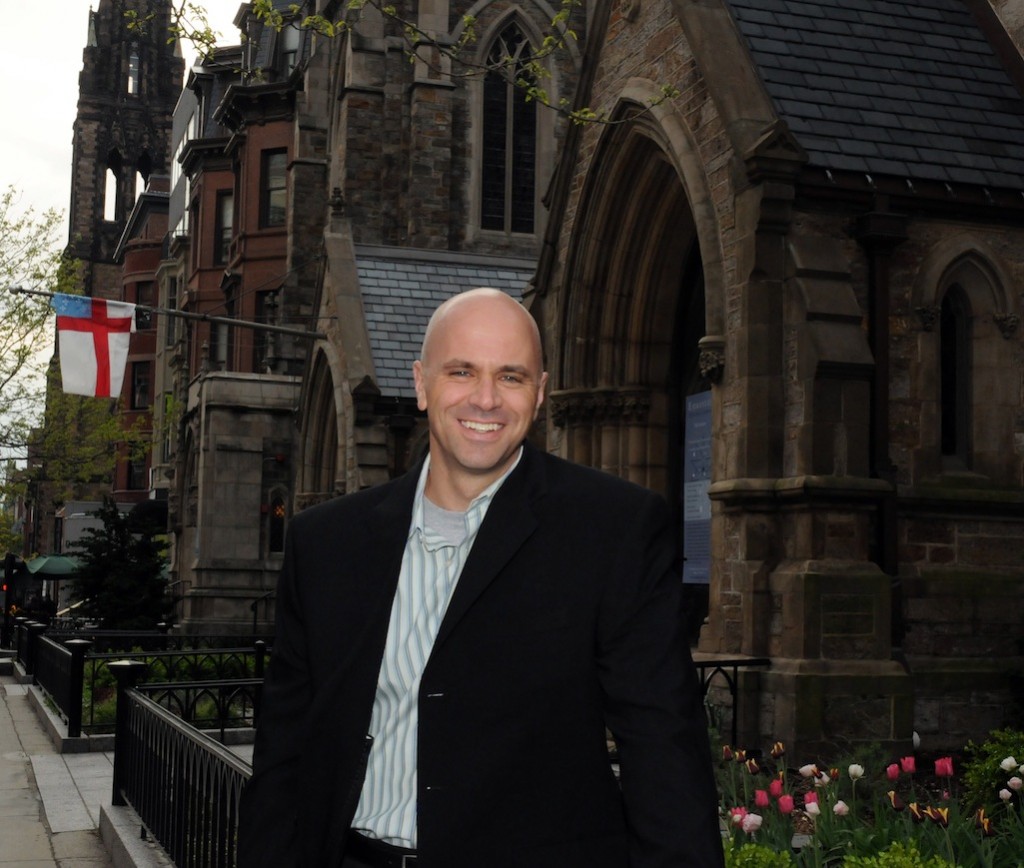Soloists shine in Emmanuel Music’s Mass in B minor

Ryan Turner led Emmanuel Music in a performance of Bach's Mass in B minor Saturday night. Photo: Toddi J. Norum.
Musical greatness creates its own structure, combines materials unexpectedly, and builds sophistication into every detail, polishing that complexity into a rich and gleaming whole.
Few works demonstrate these qualities as well as Bach’s Mass in B Minor, which was performed by Emmanuel Music Saturday evening.
A performance of this epic work by an ensemble that has investigated Bach’s music for decades — and performs his cantatas every Sunday on an ongoing basis — promised a special occasion and that’s exactly what was delivered.
Artistic director Ryan Turner led the performance, which drew its soloists from the Emmanuel Music chorus. The ensemble comprises some of Boston’s finest singers, who blend into a cohesive unit to explore this repertoire, and perform as soloists on virtually every stage in the city.
The B Minor Mass provides no downtime for the musicians — no lengthy recitatives where a singer forwards the story line to a simple accompaniment, and no orchestra interludes where the chorus can rest.
A dozen soloists shared the spotlight, each with their own insights, which contributed to the overall success of this performance. Soprano Kendra Colton and mezzo Thea Lobo began with a remarkably clear Christe eleison, aided by a crisp and balanced accompaniment, which set the instrumental tone for the evening.
Of all the first-class soloists, bass Sumner Thompson and tenor Zachary Wilder delivered the most drama, in the Et in spiritum and Benedictus, respectively. Both men sang as all great male singers should with firm projection yet without undue force. Wilder’s voice had a particularly pleasing bell-like tone, the aria aided by Vanessa Holroyd’s beautiful flute accompaniment.
Teresa Wakim and Matthew Anderson floated a closely unified Domine Deus with a superb obbligato flute line from Holroyd. Other highlights included Deborah Rentz-Moore’s understated Qui sedes; Donald Wilkinson’s authoritative Quoniam tu solus Sanctus, with a touching French horn accompaniment by Whitacre Hill; and Krista River’s introspective Agnus Dei.
Great singing by the chorus was a given, the gifted ensemble encompassing all the work’s demands, from the bleak drama of the Crucifixus to the multi-part rejoicing of Et resurrexit.
The muggy weather turned the church into a steambath and players at times struggled to maintain proper intonation. Professionals on this level can work around these challenges, and the playing by concertmaster Heidi Braun-Hill and oboists Peggy Pearson and Barbara LaFitte was an object lesson in adaptation.
Turner, never a histrionic conductor, was careful with the beat, and sensitive to balances. With nary a measure that did not include some contrapuntal complexity or other musical intricacy, Turner’s skill at maintaining dramatic tension, focus and momentum was constantly on display.
Posted in Performances




